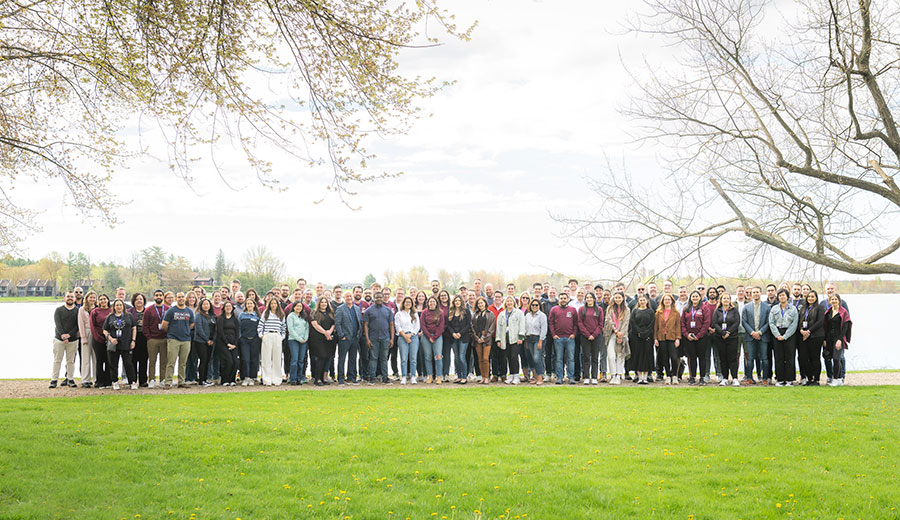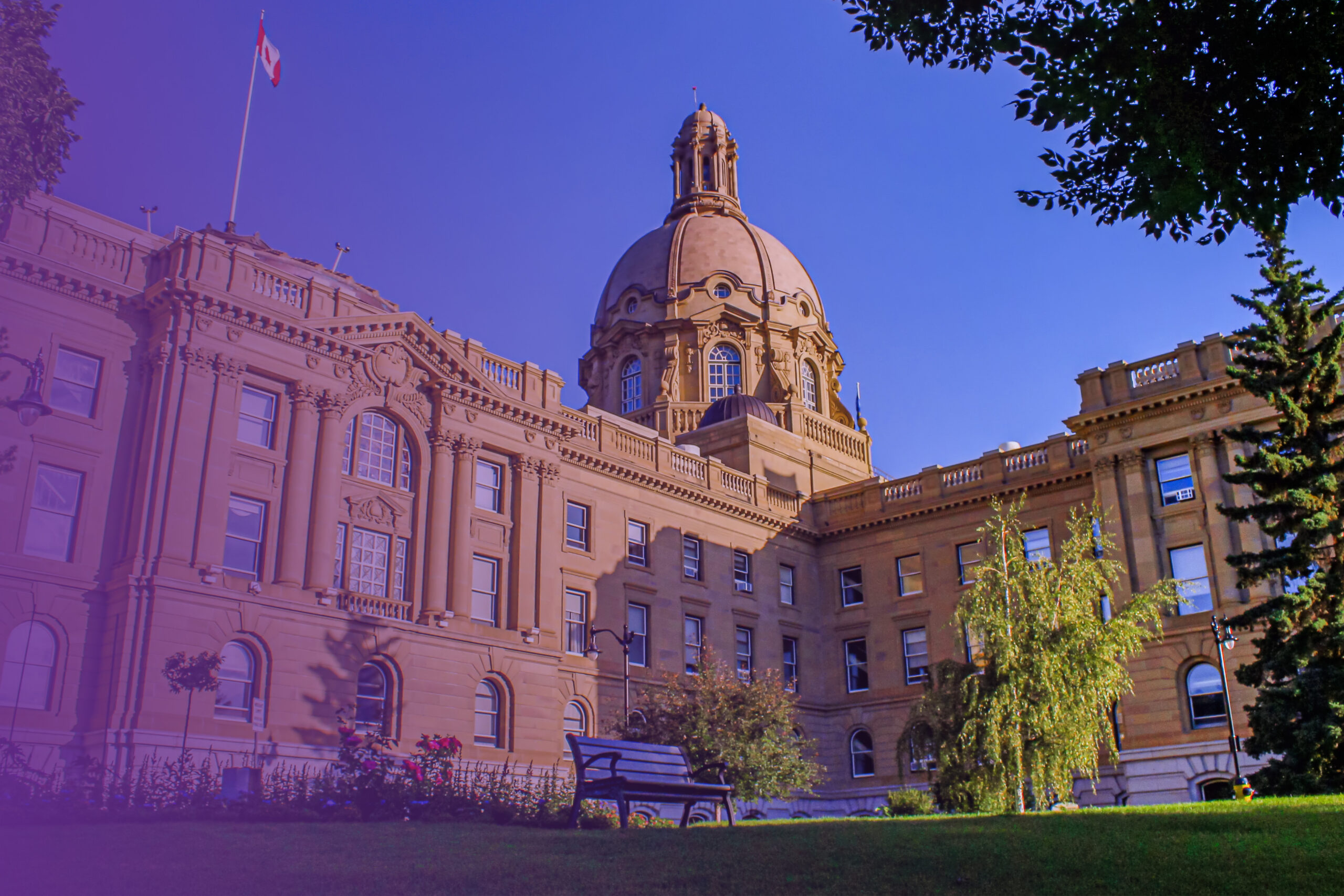Western Australia’s Labor government was returned for a third consecutive term in weekend elections – a result that potentially consigns the state’s Liberals to another two terms in opposition.
The Labor Party is projected to secure approximately 45 of the 59 seats in the Western Australian Parliament. The Liberal Party looks set to win 8 or 9 seats, with its conservative ally the Nationals looking at possibly 5 seats.
The underperformance of the Liberals and Nationals is a worrying sign for their federal Coalition partners just two months from the national election due by May 17.
The massive Labor victory came despite the party suffering a substantial 18% decline in its primary vote – but worryingly for the Federal Liberal party, its state counterparts saw only a 7.5% increase in their vote, with the Greens and other independents picking up most of Labor’s disillusioned supporters then returning them to the ALP via preference allocations.
This was a remarkably similar result to the recent byelection in the Victorian Labor stronghold of Werribee, where Labor’s vote contracted significantly but the Liberals won too few votes to claim the seat. Both WA and Victoria are seen as states where the Coalition must make substantial gains if they are to have any chance of toppling Federal Labor.
The fact that re-elected Premier Roger Cook secured such a sizeable victory was testament to the efficiency of Labor’s vote. It limited the swing against it in seats it seemed likely to lose, and shed votes in areas where it had a huge buffer.
There was some positive news for the Federal Coalition with a more detailed breakdown of the WA result showing large swings away from Labor within several Federal seats it must hold to remain in power. Those seats, including Pearce, Hasluck and the new electorate of Bullwinkel swung from Liberal to Labor when Anthony Albanese was swept to power in 2022.
Drawing Federal implications from state elections is tricky with voters often taking different views on local and national issues.
Neither Albanese nor Federal Opposition Leader Peter Dutton spent much time in WA during the state campaign – in both cases at the request of their WA campaign teams.
The Liberals, who had been wiped out to just 2 seats in the Covid-era 2021 election had been expected to recover at least 10 additional seats – but internal divisions and a lack of campaign focus cost them dearly.
Speaking on the ABC Insiders program, ABC Radio Perth compere Gary Adshead said the Liberals “went wrong because they weren’t bold enough.” Something is odd when ABC journalists can passionately accuse conservatives of timidity – typically they demand it.
The result almost certainly will spell the end of Liberal leader Libby Mettam’s tenure, and could set the scene for former sports broadcaster and Perth mayor Basil Zempilas to become Opposition leader, despite the fact that he only just won his seat.
The WA election was held the same weekend as a tropical cyclone threatened Australia’s east coast and led Albanese to shelve any plans to announce an April 12 Federal election yesterday.
That means his Treasurer Jim Chalmers will now deliver a Federal Budget on March 25 – and the national election will now be held on May 3, 10 or 17.
Along with the WA result, Albanese was buoyed by the release of a significant poll suggesting his personal approval was rebounding from a recent decline, and that most voters don’t regard his rival Dutton as ready to govern. The latest Newspoll showed the Coalition still lead Labor 51%-49% on a two-party preferred basis, but that’s not enough to win the 20 seats it would need to achieve a clear election victory.
And worryingly for both major parties, the continued decline in their primary vote suggests the rise of independents already seen in Canberra – and the prospect of more minority governments – may be coming to parliaments around the country.
That’s a long way off in WA – at least for the next 4 years.



